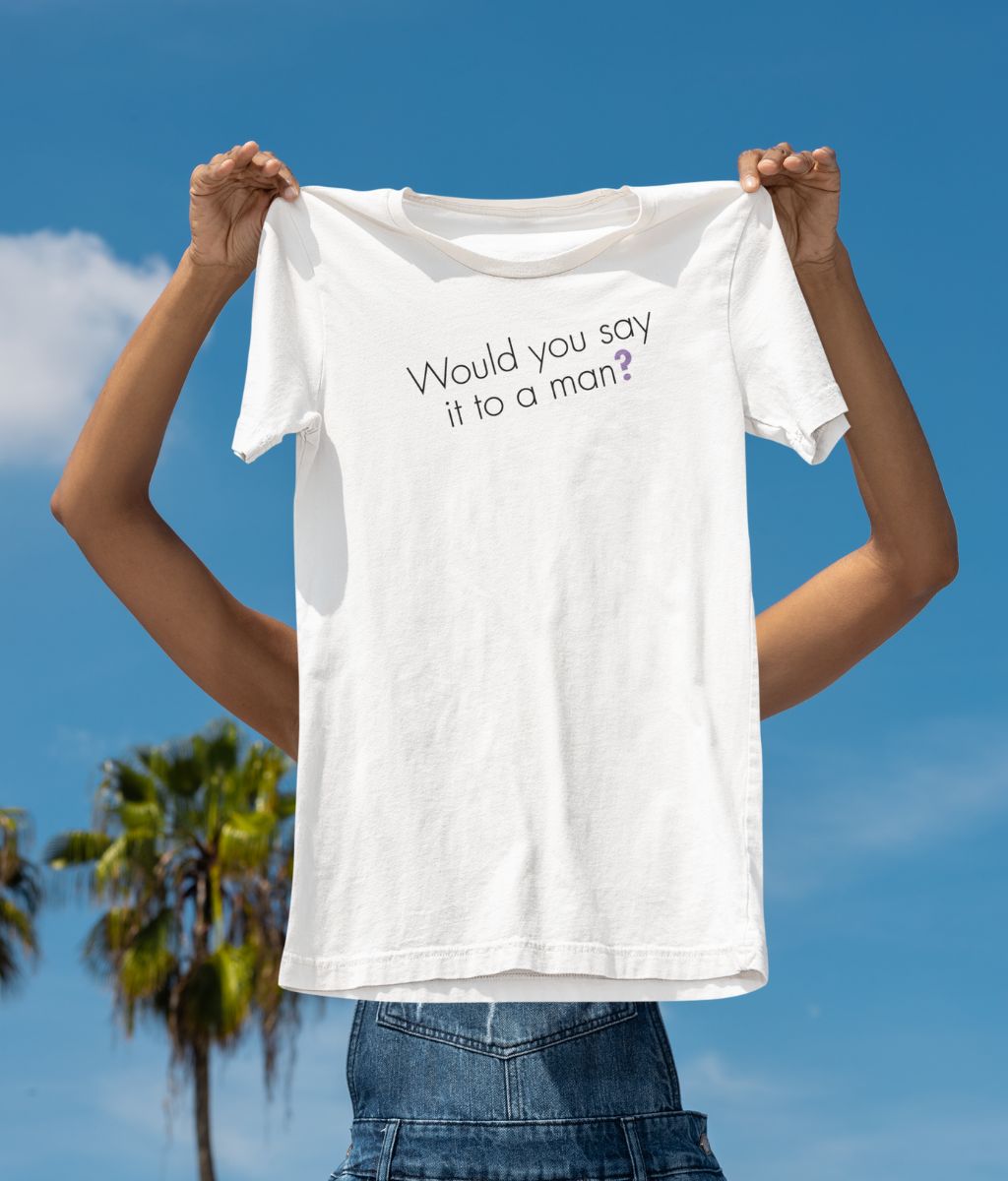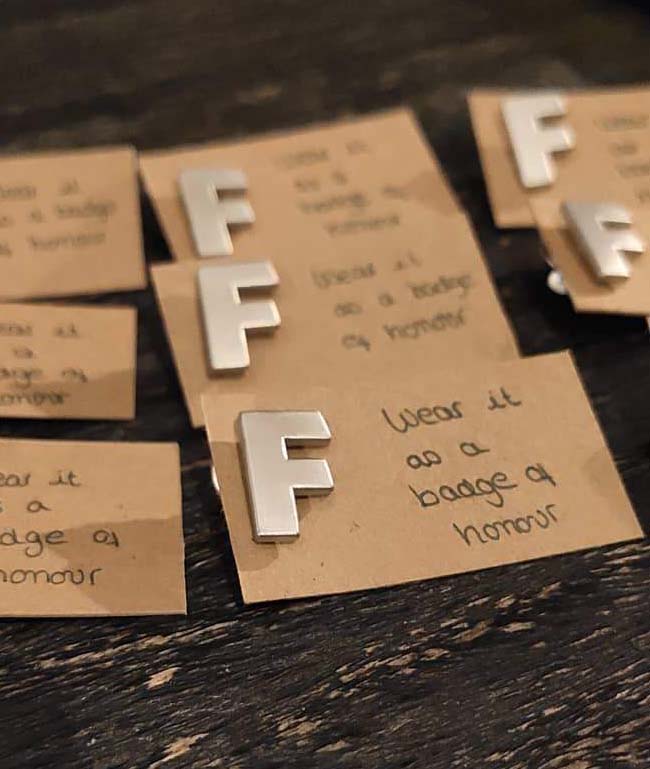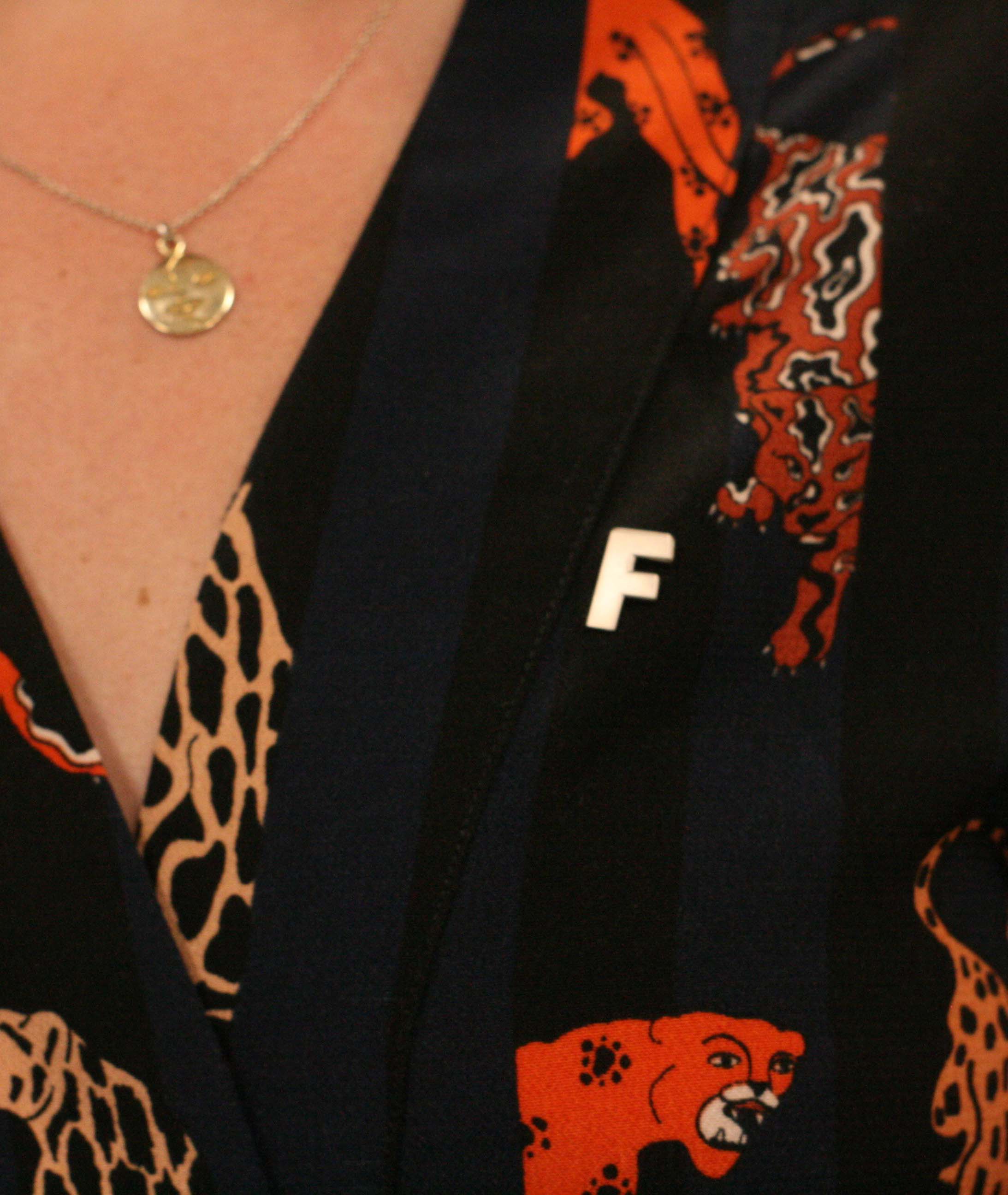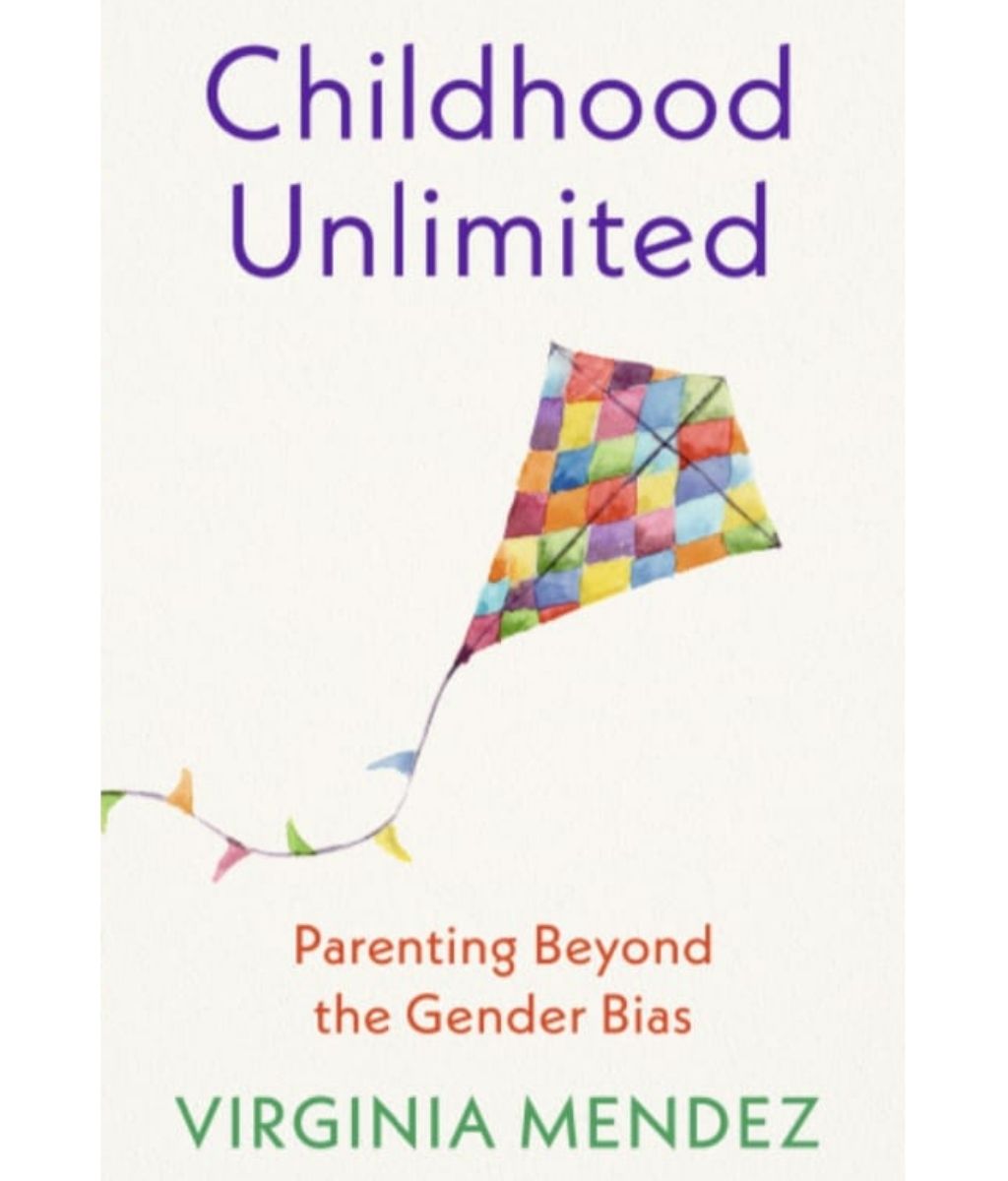I don't force my kids to share. Of course I love it when I see them sharing and I praise it, but sharing it is not mandatory in our house. Sharing is voluntary. Consent, on the other hand is not questionable. "He said no" "I don't feel like it, please stop" "I am still using it".
When I tell people that I don't proactively encourage my kids to share I sometimes get random looks. Our kid's capacity to share seems to be the measuring bar in which we demonstrate our parenting skills. We feel embarrassed if our kids don't want to share with others in the park or at play dates. Sharing is perceived as objectively good. We tell them "sharing is caring" but I am calling it.
I find the whole sharing imposition a trap because it comes at the expense of a stronger education on boundaries, which is a much bigger problem in the long run.
Sharing is quite natural, it comes from empathy and it is very fulfilling. Also society will always reward people for sharing, being generous will always be valued and celebrated and it should. I am not making a point against sharing itself, just about imposing it to kids as the ultimate obligation.
I ve not met many adults that don't know how to share. I can't imagine a scenario in which you can function as a grown-up without grasping the minimum expectations of sharing. But I know plenty of adults that struggle saying no, and sadly I also know a lot of adults that struggle to accept a no from others.
By considering sharing immensely important we are de-powering kids from saying no. We are missing an opportunity to teach them how to set boundaries politely and how to defend their needs. We are also de-powering them from understanding other people's boundaries and their right to say no.
I teach my kids that they don't have to share and I also teach them that they can't expect others to share with them. Sharing is not mandatory. We don't have to share our food, our toys, our space or our bodies and that obviously means that nobody has to share theirs with us either.
For example, if my kids ask me to have some of my food I tend to say yes, but sometimes I say no.
"- How many have you had already?
- 4
- Well, I have only had 2, and I like them too. I don't think it is fair for me to have only 2 for you to have 5, so no. I am going to eat this one myself."
I want my kids to grow up knowing that I matter too, knowing that what I want is as important as what they want and that sometimes I chose to bend for them, and sometimes I chose not to. They are not entitled to my sharing.
I want that for them too. I want them to know that they can choose not share their special toy if they don't want to. I want them to understand that their friends don't owe them an explanation if they don't want to share theirs.
I want them to learn how to say no and how to accept a no. This is much more important to me than learning how to share.
I have been in many situations, as an adult, where my no has been dismissed; situations where others thought it was ok to keep insisting, where others felt entitled to my yes. There have been times in which I didn't even understand that I could say no.
I want my son and my daughter to both know better. I want every kid to know better.
---











0 comments